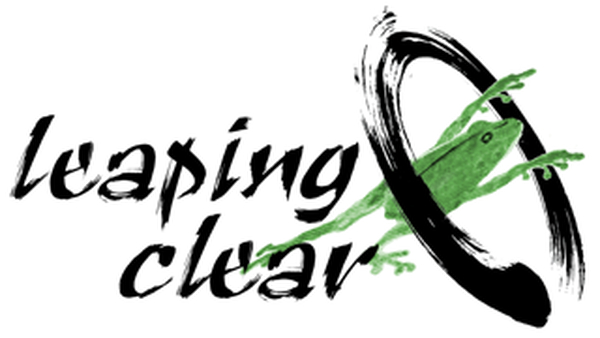Bob Hoeppner
Intention
When a rooster
crows in the middle
of the night
it means
lightning.
When the moon
shines in the middle
of the day
it means
nothing.
When you
look at me
when I feel
ugly
it means
morning.
A rooster
pecking at the moon
craters' reflection
is me spooned
behind you,
meaning.
Connection
Being of regular habit
I shop at the same time each week.
Every time that I check out
a child sings in the next aisle.
Once I disputed the receipt
and the child was punished.
When I went outside I found
only half my car
had been rained on.
Swinkling Among the Vegetables
In a green garden, sun-spotted,
squatted Swinkling, pulling a turnip,
when deadenly it seemed pointless.
He stood, he arched
his back, as if crooking
himself into a question mark
as a drowned worm
dries on a stone, uneaten
by the curious bird.
Great pieces of steel in the street
stole silence from the scene.
Easy to turn mean
with wheels screwing
in the ear, screaming their complaints.
The stirrup is then a peg
leg stumping the anvil,
a limping simpleton of noise when music is desired.
Feeling right with life
as a general's statue
in a Quakers' graveyard,
Swinkling dropped his turnip in the dirt,
as if a tear fell on the world
from the hand that hurt
it, the hand that hoed, that spaded,
that harvested, all while the body
beneath it writhed with worms.
He ate the fruit of that dirt and called it good.
The music in the seeds was refrained in every leaf
and he sang it all into his stomach.
He looked from side to side, expecting
someone to understand him.
He didn't understand
why he did that.
People in steel stopped
in front of his house and accused
him of stealing their trash. He swore
at them. They cursed and left.
He imagined this workplace collapsing
and crushing him. His chest
was already concave.
He imagined being a hero when hard
to be one. He couldn't
see himself
one in the future.
When he was little
slides were shiny but impossibly high
pieces of steel he didn't trust.
The steps up them were like up to a gallows.
And yet he chipped his tooth on a girl's stone face.
He looked under her dress to see
if he would be impressed, and he was,
but not by what he saw there.
Her eyes
stamped him as a coward
for the rest of his life
as she lay there, her legs propped up
like slides.
Swinkling looked away
from the memory
at his turnip
in the dirt he'd cultivated.
It had come to this,
the trill of a cheap pill timer
unseen in the leaves
keening for its mate.
Bob Hoeppner
The quiet receptivity for writing poems is my meditation, my contemplation, my prayer. The process is as described by William and Kim Stafford (following William Blake's "golden thread," "eloquent listening"), usually during or near my hypnagogic or hypnopompic states. As those states differ, so do the poems. I try to let each poem be what it wants to be, even if I disagree with it. I write poems, not to impose my own thoughts, but to listen to the Collective Unconscious, aka Holy Spirit, aka "The Martian" (Jack Spicer's name for The Outside.)
A retired software developer, Bob Hoeppner lives in the Texas Hill Country with his wife, six cats, and a dog. Born in Connecticut, he was raised there and in upstate New York, Oklahoma, and Illinois. He earned his dolphins as a radioman on a nuclear fast attack submarine. He had a staged reading of one of his plays on Off Off Broadway before deciding that he was more inclined to writing poetry. He's been published in several print and online magazines and anthologies, and he is the author of the book My Cynical and Sentimental Eye.
More on Bob Hoeppner’s work can be found on our Links page.

